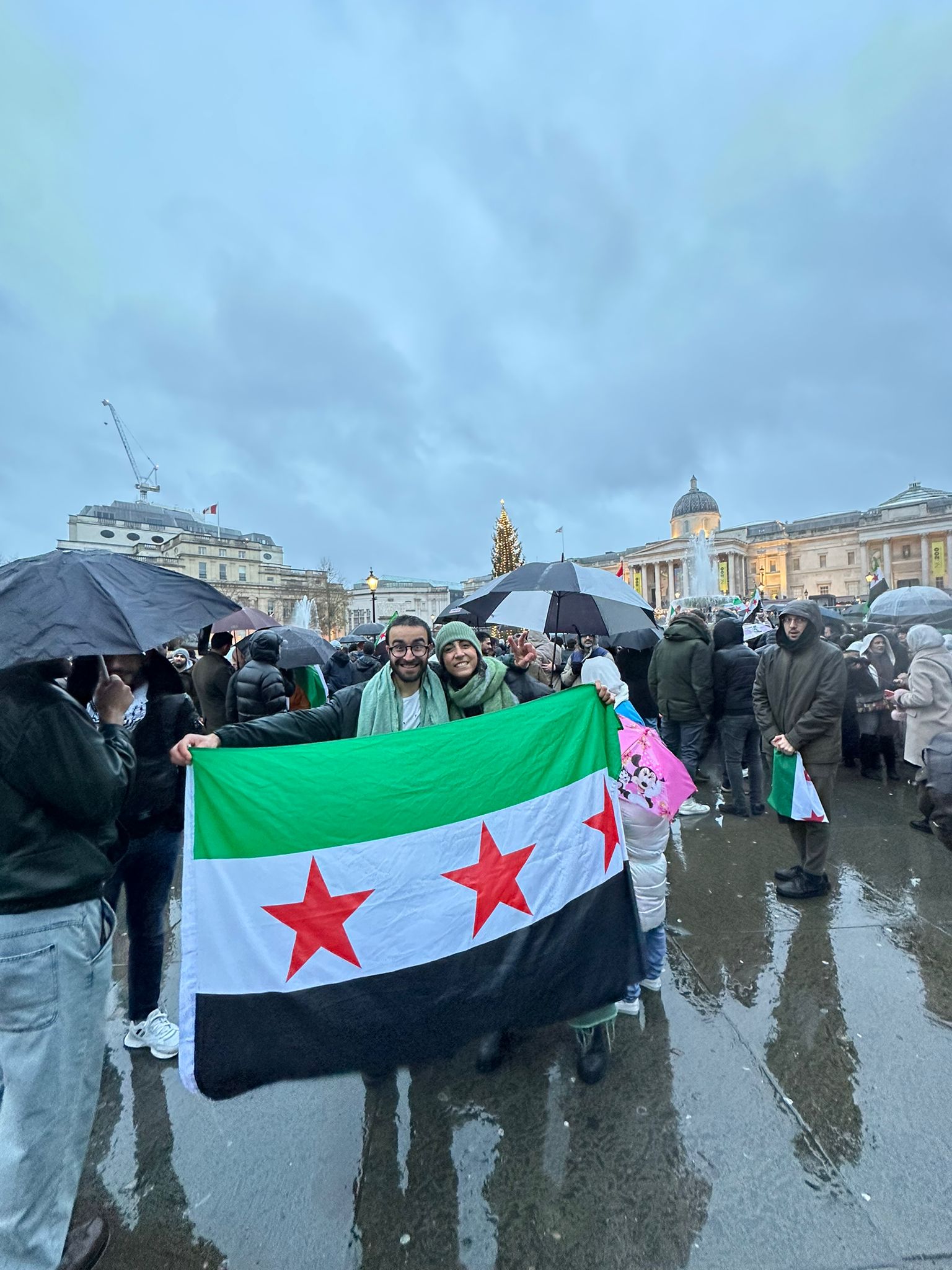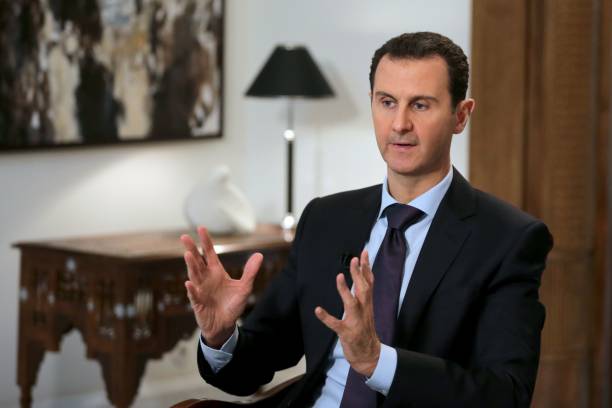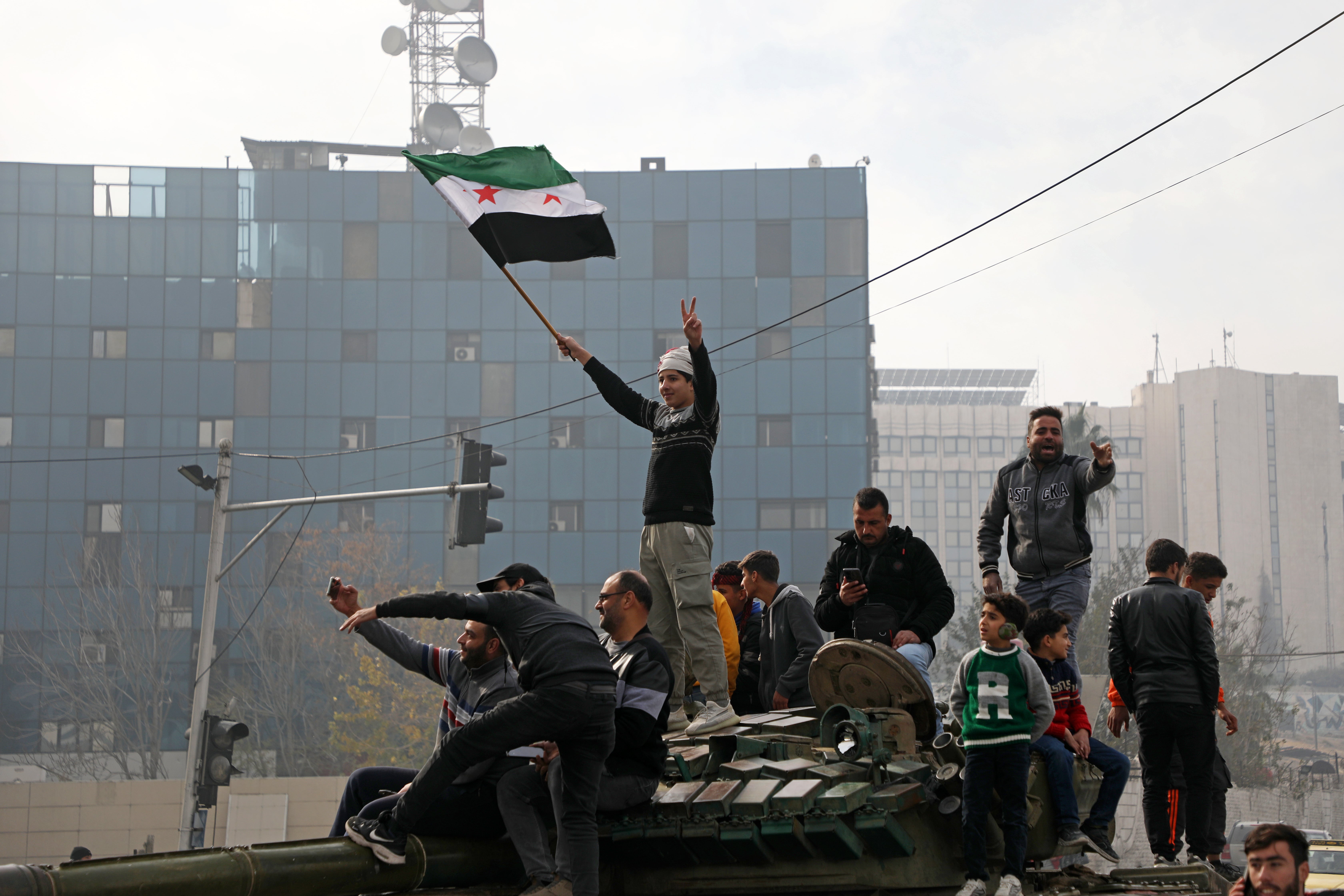
The UK has paused decisions on Syrian asylum claims due to the uncertainty following the collapse of the Bashar al-Assad regime.
It follows the decision of other countries, including Germany, Austria and Sweden, in suspending application decisions, after 13 years of civil war saw a coalition of rebel groups seize Damascus on Sunday.
A Home Office spokesperson said: “The Home Office has paused decisions on Syrian asylum claims whilst we assess the current situation. We keep all country guidance relating to asylum claims under constant review so we can respond to emerging issues.”
Millions of Syrians fled the country after the outbreak of civil war and the Assad regime’s brutal crackdown on opponents.

Thousands of Syrians have been granted asylum in the UK, but the Home Office said decisions on applications would now be paused while events unfold in Damascus.
Syrians generated the fifth largest number of asylum claims in the year ending September 2024, Home Office statistics showed – behind Pakistan, Afghanistan, Iran and Bangladesh.
Some 99 per cent of claims were granted at initial decision.
Speaking in parliament, foreign secretary David Lammy said it was “premature” to discuss resettlement schemes for Syrian refugees and the government was working to record human rights offences carried out by the Assad regime.
He also appeared unaware of the government’s decision as he addressed MPs on Monday, saying he had not considered calls to suspend claims.
Reform UK deputy leader Richard Tice said Mr Lammy referred to the “many displaced Syrians looking to return to Syria”, adding: “Will the government be providing assistance to those Syrians in this country who do wish to return their homeland? And will the government look to follow the example of European nations, like Germany, who have suspended asylum applications?”
Mr Lammy replied in the Commons: “I have to say that that has not been put to me in the last few hours. The issue that’s been put to me is the humanitarian need in country, the humanitarian support for neighbours.”

Elsewhere, he said the situation could see a “flow” of people using “dangerous illegal migration routes” to Europe and the UK.
He added that the UK’s public services would support those wanting to go back to Syria, adding: “Syrians have now been in this country for many, many years indeed. Their lives are here, their children have been born here.”
Meanwhile, the UK is not considering whether to un-ban the Islamist group that has taken power in Syria, the prime minister has said despite a Cabinet minister earlier suggesting the government could take a swift decision on the matter.
Sir Keir Starmer told broadcasters on a diplomatic visit to Saudi Arabia there was “no decision pending at all” on whether to remove Hayat Tahrir al-Sham (HTS) from the list of proscribed terrorist organisations, adding it was “far too early”.
HTS, which overthrew Bashar al-Assad’s regime at the weekend, is banned in the UK because of its past association with al-Qaeda, the terrorist organisation once led by Osama bin Laden.
But its leader, Abu Mohammed al-Golani, cut ties with al-Qaeda years ago and has sought to present his group as a more moderate and inclusive organisation, leading some to suggest the group should no longer be proscribed.

Earlier on Monday, Cabinet minister Pat McFadden said a decision on HTS needed to be taken quite quickly.
Downing Street said on Monday that the government keeps the regime of proscribed organisations “under regular review”.
If the new regime in Syria were to use chemical weapons, it would be “grievous”, Mr Lammy has warned.
He told the Commons: “[HTS leader] Abu Mohammed al-Golani has been clear that he will not use chemical weapons and he will work with the OPCW [Organisation for the Prohibition of Chemical Weapons] on that issue going forward. We monitor that very, very closely.
“Any use of chemical weapons would be grievous and the international community would have to come together and do all we could to support the Syrian people.”
Meanwhile, Assad’s British wife Asma is believed to be with him in Moscow, but the prime minister declined to say whether he would consider stripping her of her UK citizenship, adding it was “too early” to say.







